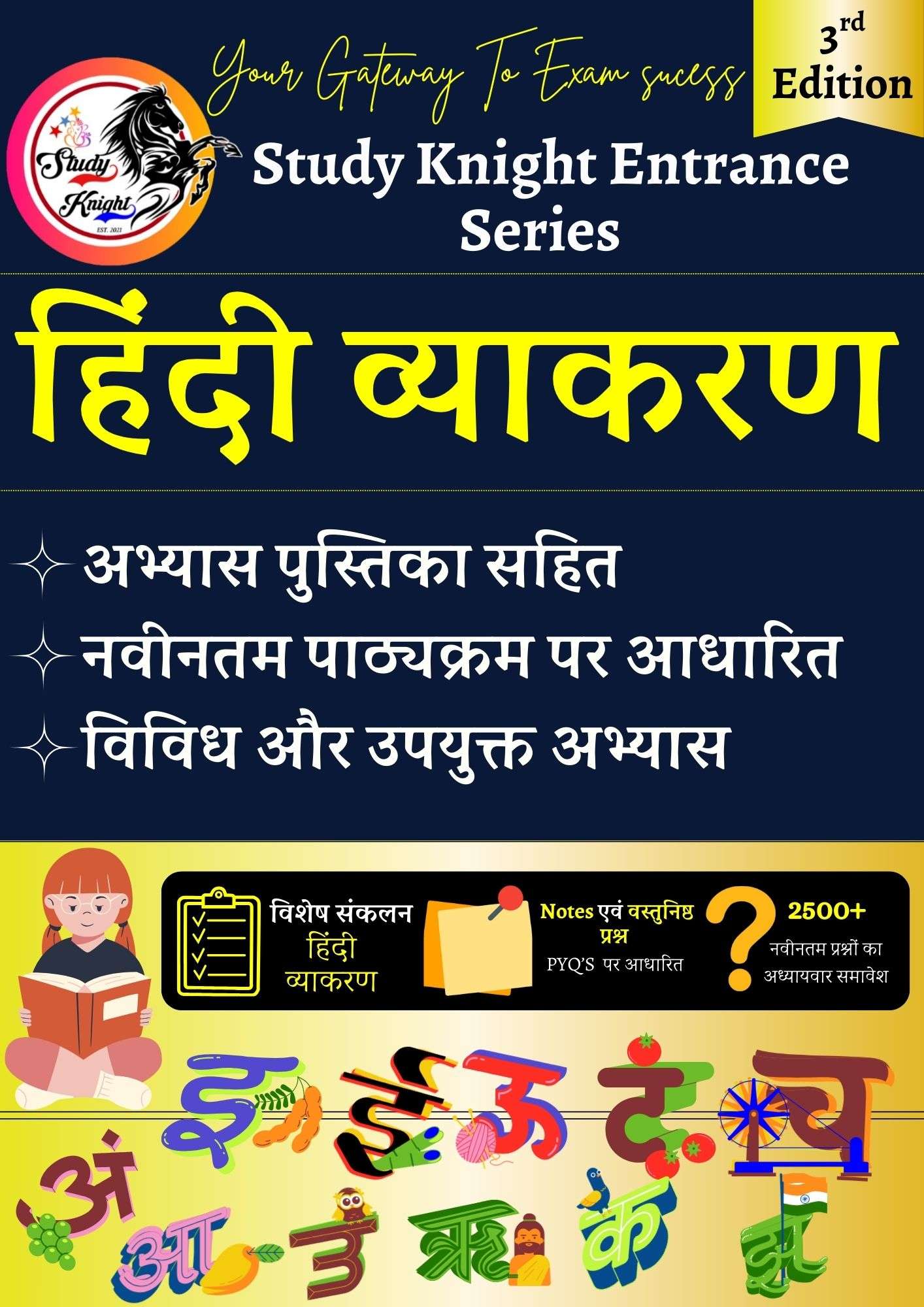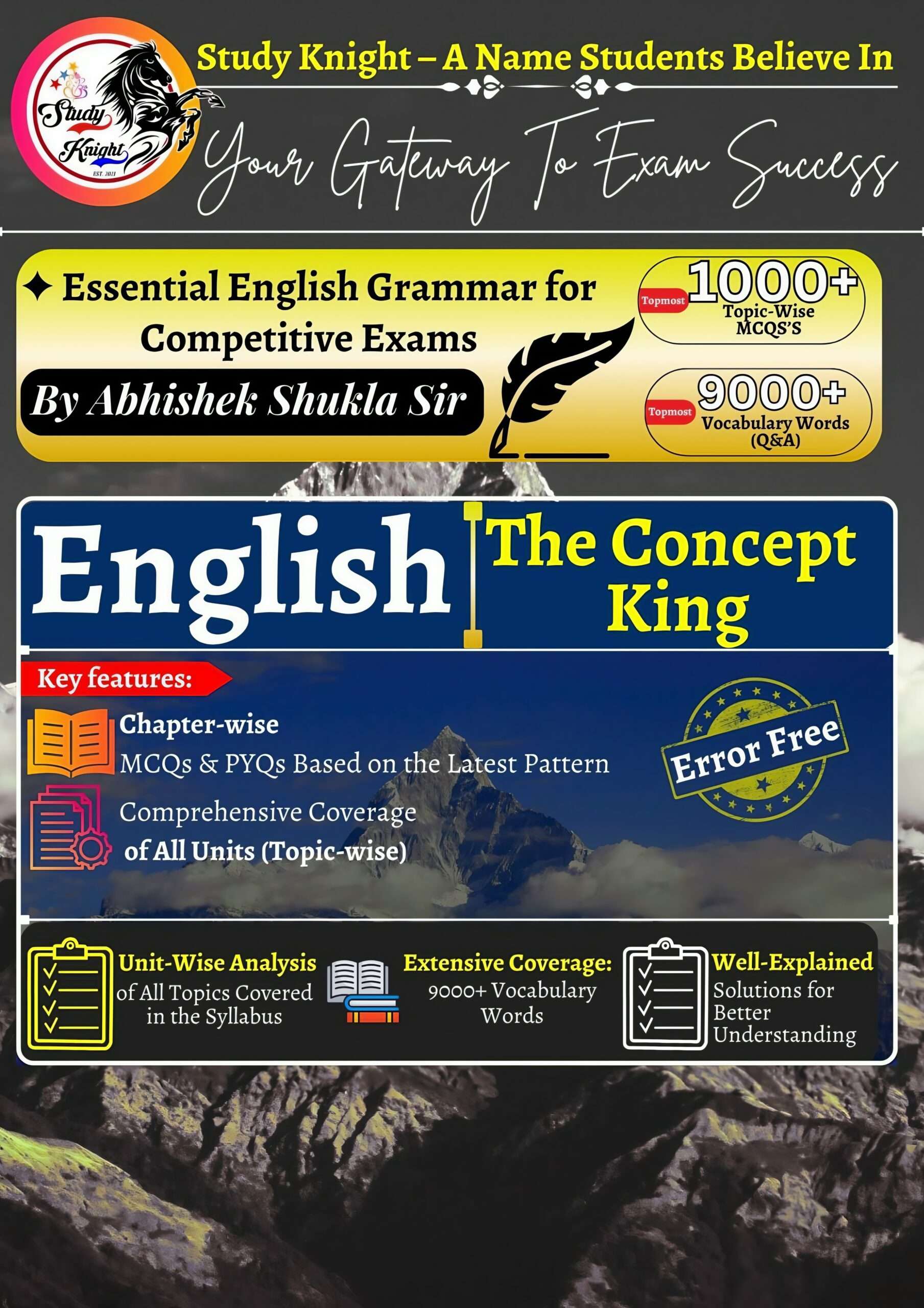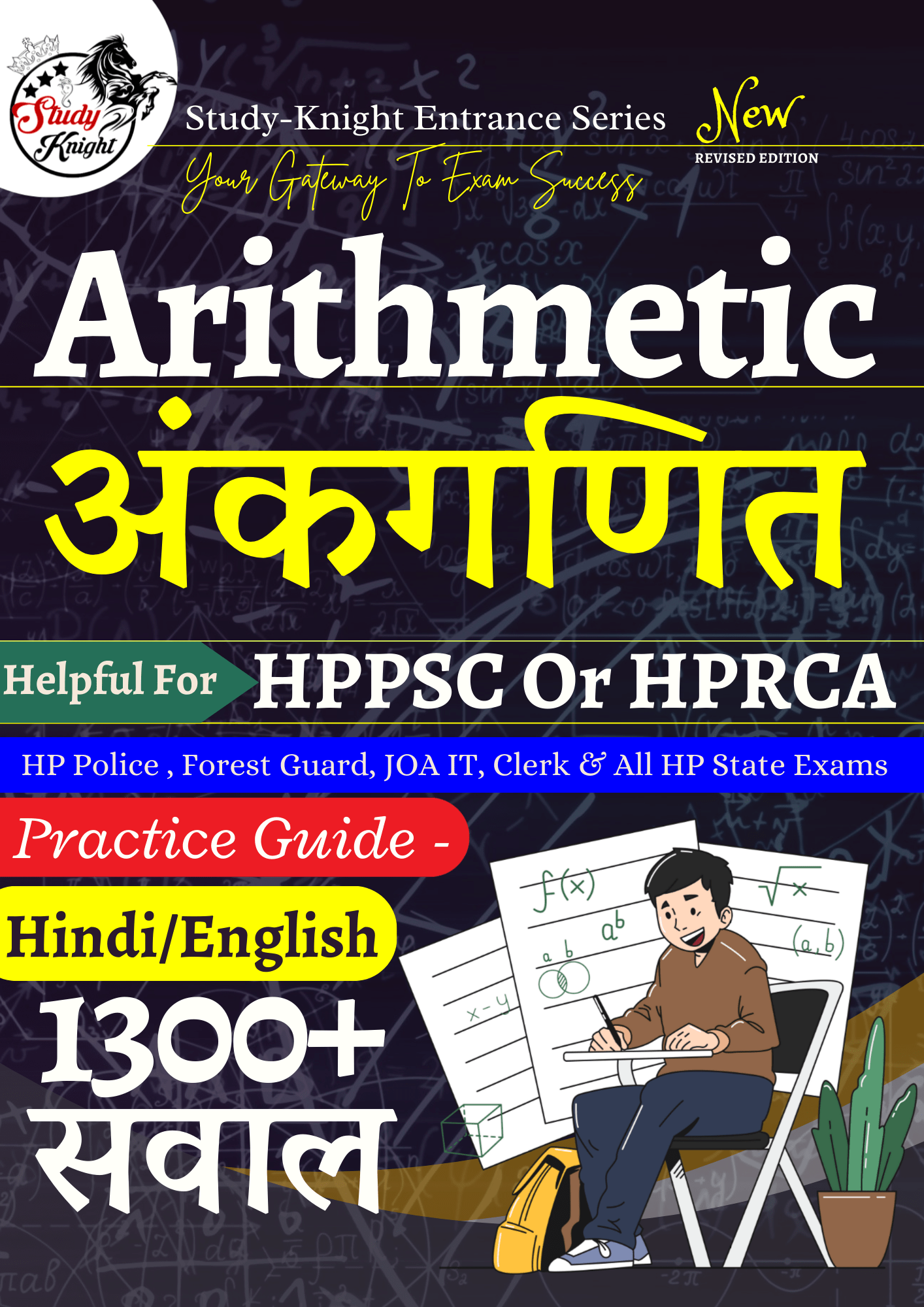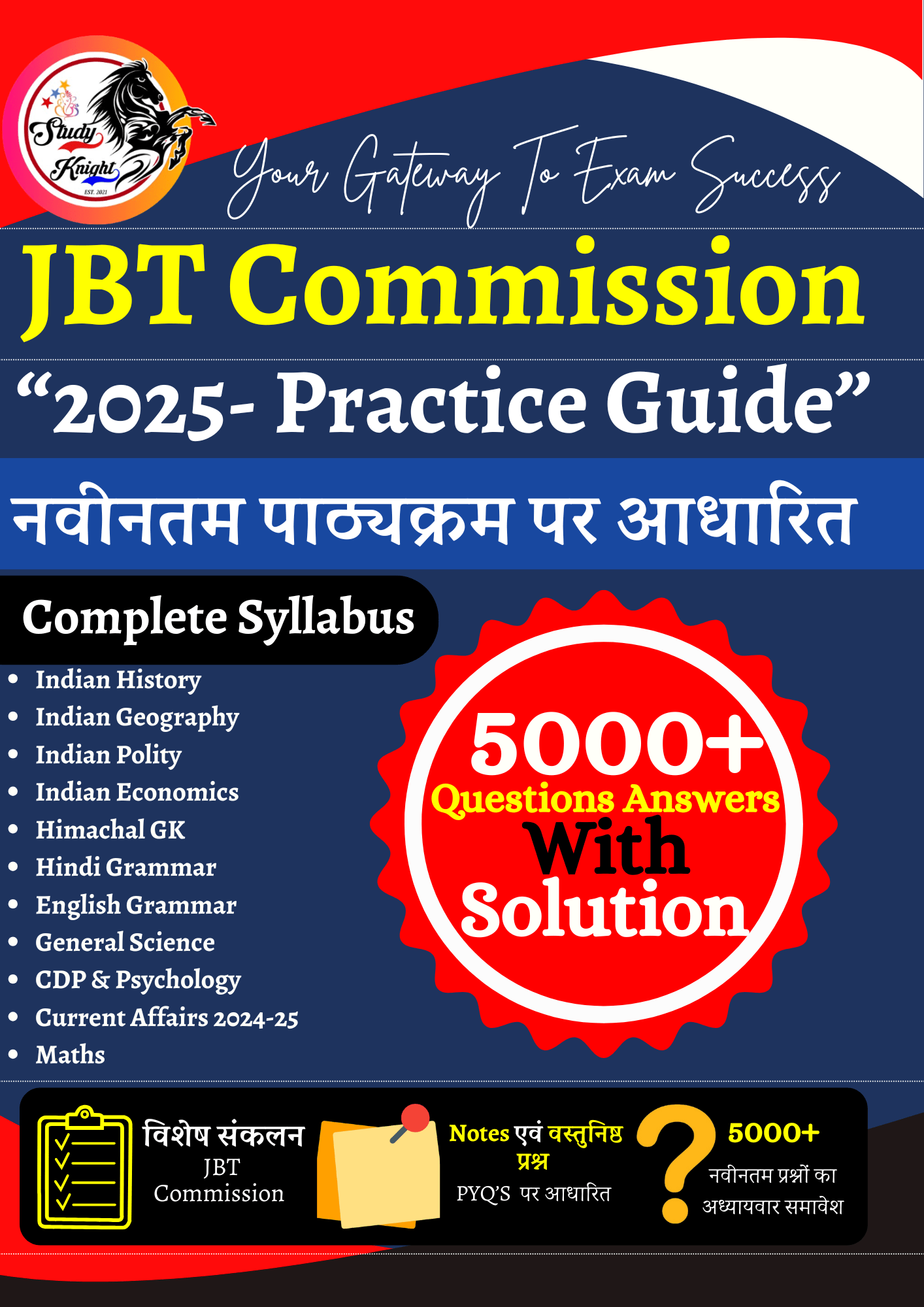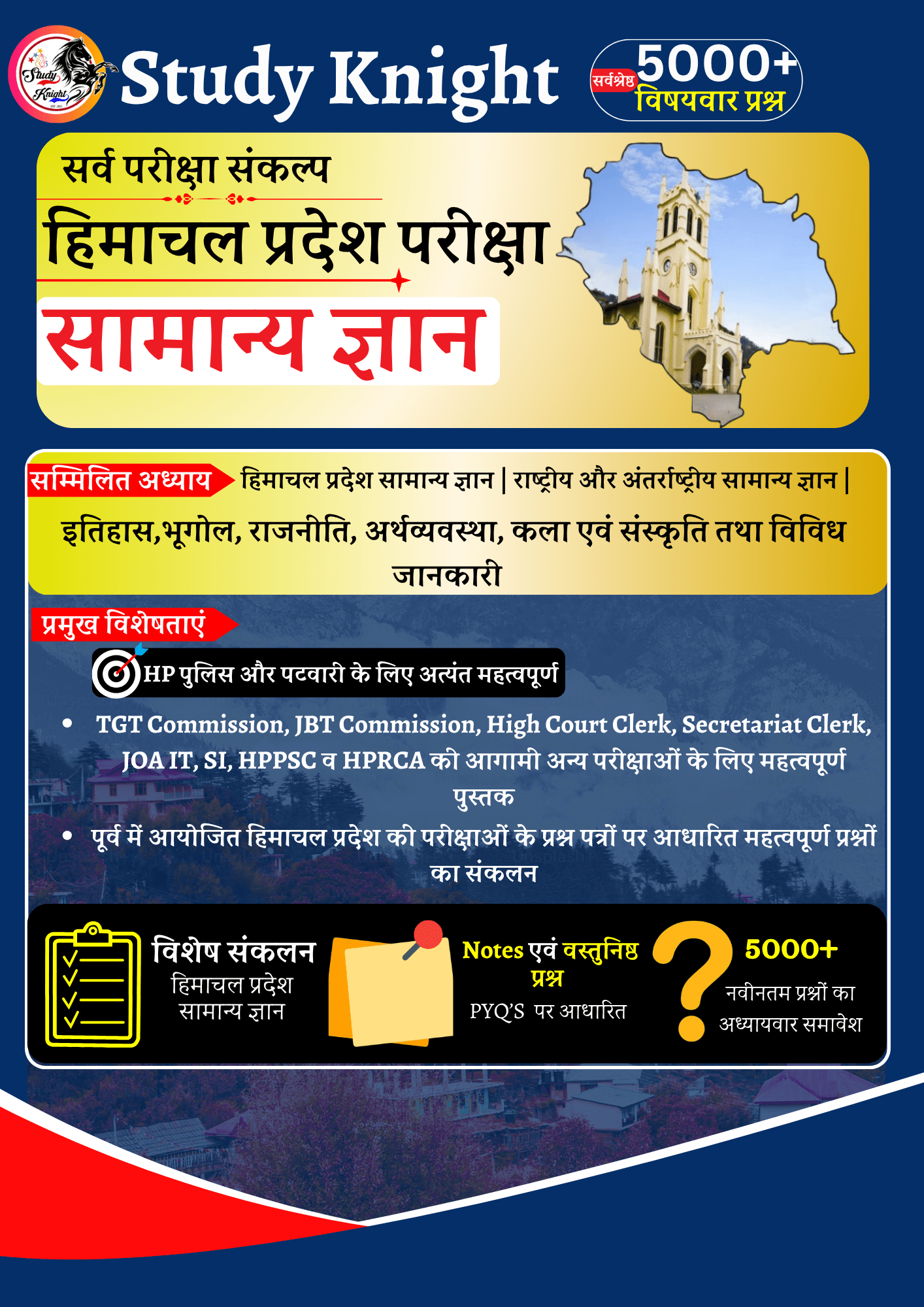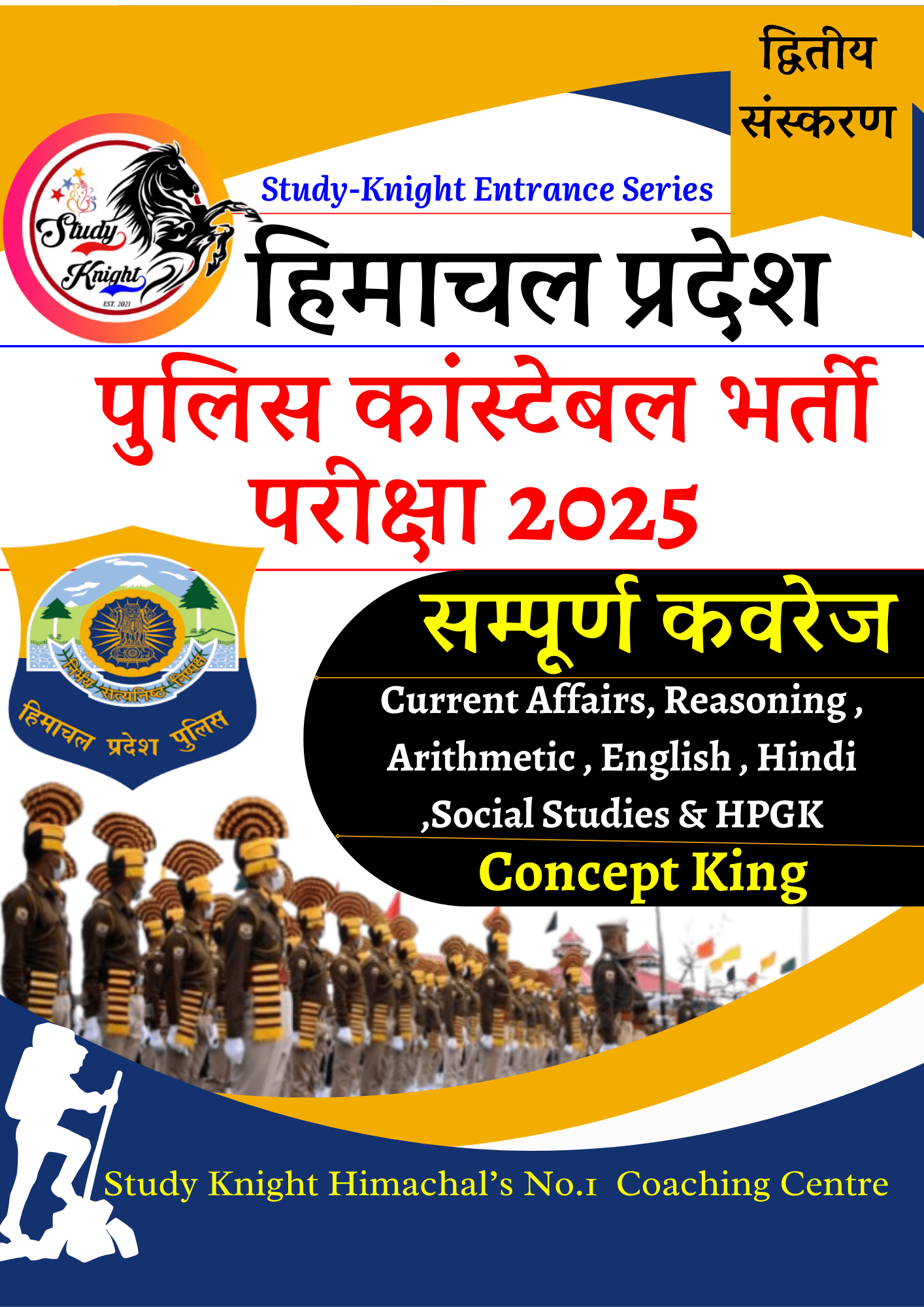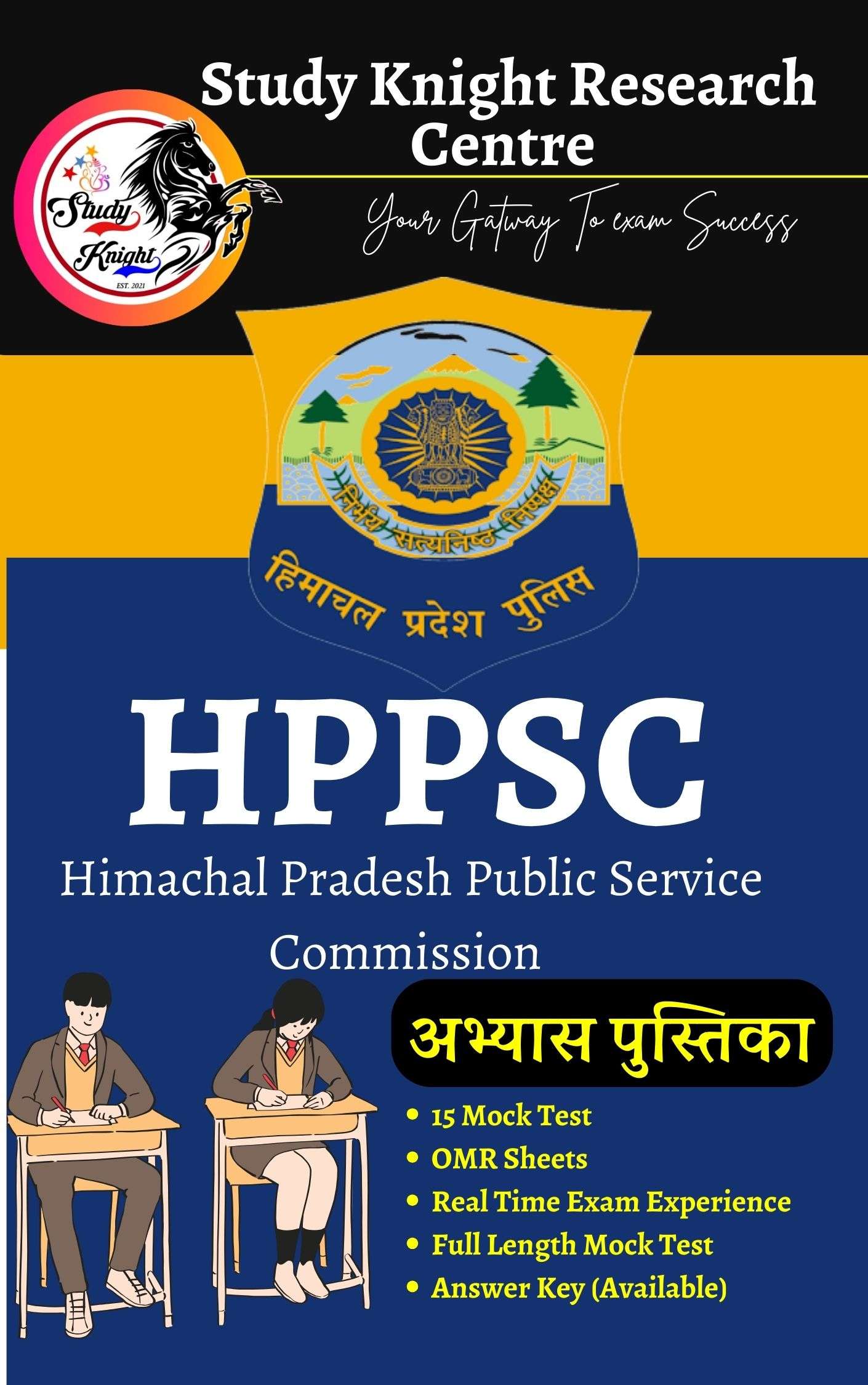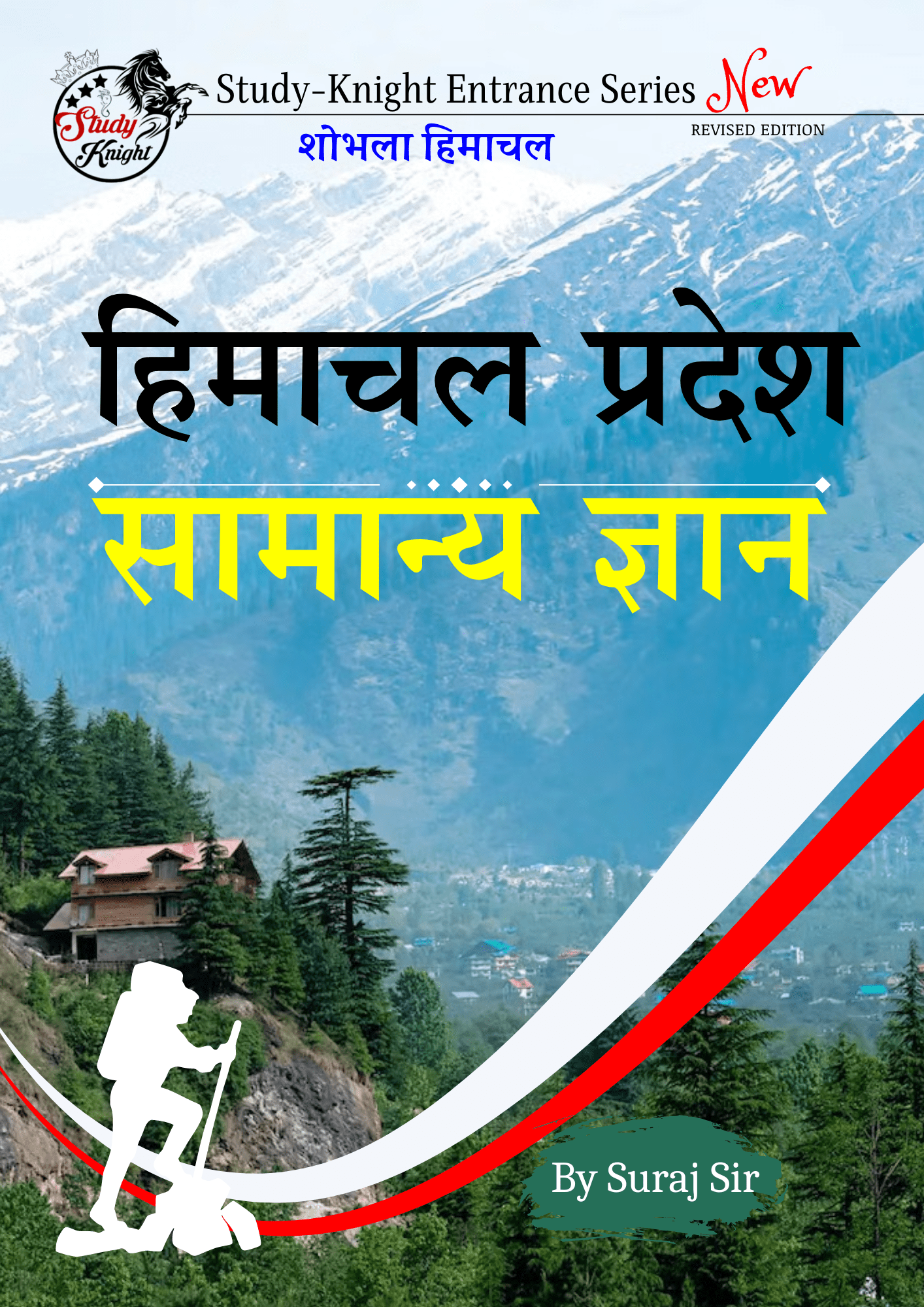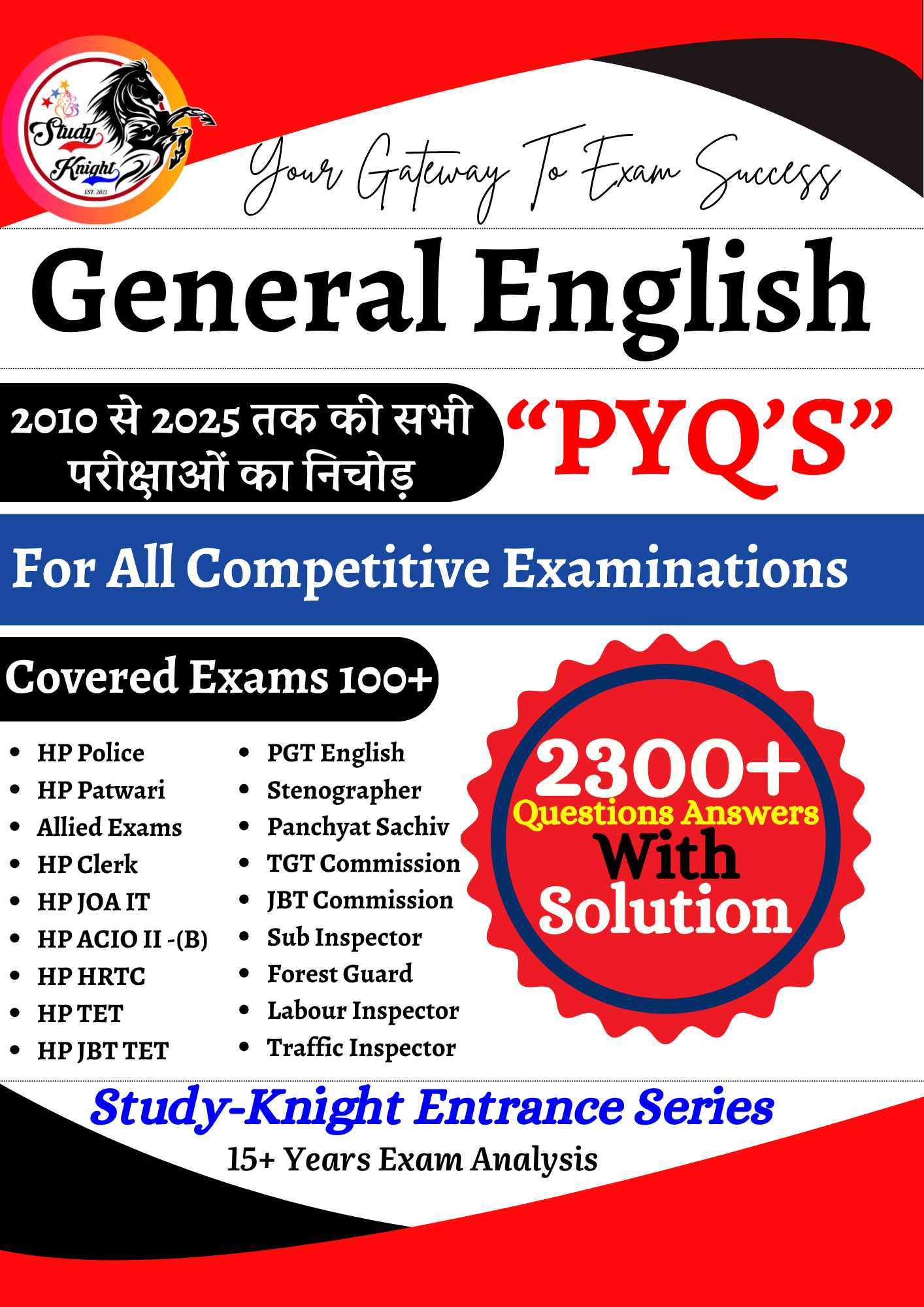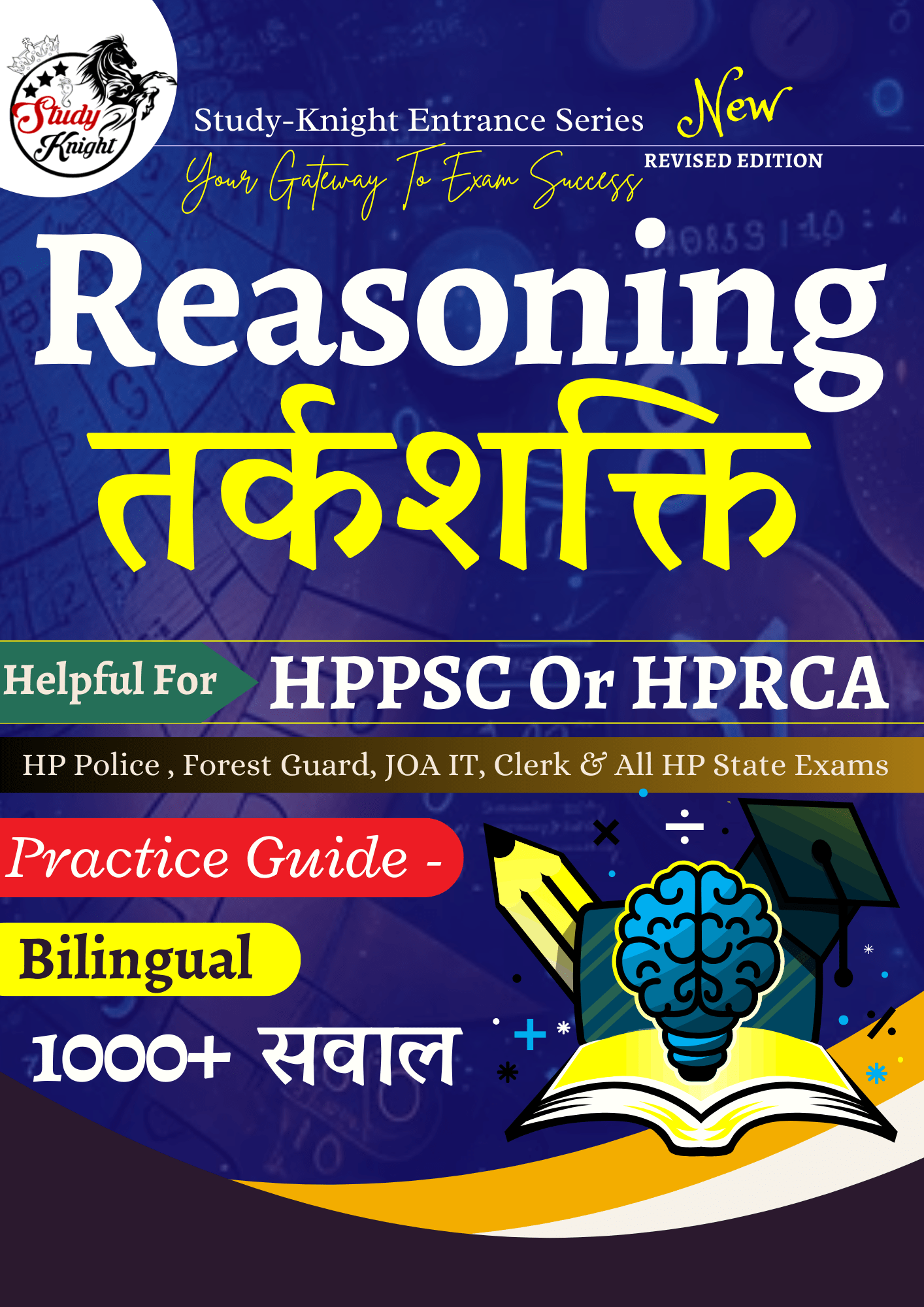Census of District Lahaul Spiti 2011
- Area: Lahaul-Spiti is the largest district in Himachal Pradesh by area, covering 24.86% of the state’s total area.
- Population: The district has the smallest population in the state, with a density of 2 persons per square kilometer.
Also Read This: Brief Geography of Lahual Spiti : In depth Overview
Demographics:
- Sex Ratio: The sex ratio is 903 females per 1,000 males, showing an improvement of 101 compared to the 2001 census.
- Population Growth: The district experienced a negative growth rate of -5.0% from 2001 to 2011. This is in contrast to the positive growth rate of +6.17% in the previous decade.
Geographical and Administrative Details:
- Sub-Divisions: The district is divided into three sub-divisions: Udaipur, Lahul, and Spiti.
- Community Development Blocks: There are two blocks: Lahul and Spiti.
- Tehsils: The district has two tehsils and one sub-tehsil.
- Borders: Lahaul-Spiti borders the international boundary with Tibet and the Ladakh region of Jammu and Kashmir.
Climate and Accessibility:
- Isolation: Lahaul and Udaipur sub-divisions are cut off from the rest of the world for about six months each year due to heavy snowfall on the Rohtang Pass. Additionally, Spiti and Lahaul valleys remain isolated from each other for about eight months of the year due to the Himalayan ranges.
Economy:
- Primary Sector: Approximately 58.18% of workers are engaged in agriculture, which is the mainstay of the local economy.
- Special Crops: The district is known for cultivating hops and kuth (a medicinal herb). It is also renowned for high-quality potato and pea production, which are in demand both domestically and internationally.
| Information Type | Details |
|---|---|
| Total Population | 31,528 |
| – Lahaul | 10,199 |
| – Udaipur | 8,884 |
| – Spiti | 12,445 |
| Gender Distribution | |
| – Male | 16,455 (52.20%) |
| – Female | 15,073 (47.80%) |
| Sex Ratio | 916 women per 1,000 men |
| Population Density | 2 per square kilometer |
| Birth Rate (1995) | 16.2 per 1,000 people |
| Death Rate | 6.1% |
| Population by Social Categories (2001) | |
| – Scheduled Castes (SC) | 2,605 (7.84%) |
| – Scheduled Tribes (ST) | 24,238 (72.95%) |
| – Others | 6,381 (19.21%) |
| Urban Population | Nil (All rural) |
Population Data
| Description | 2001 | 2011 | 2024 (Projected) |
|---|---|---|---|
| Total Population | 33,224 | 31,564 | 29,900 |
| Male Population | 18,441 | 16,588 | N/A |
| Female Population | 14,783 | 14,976 | N/A |
| Population Growth | +6.17% | -5.00% | N/A |
| Area (Sq. Km) | 13,835 | 13,841 | N/A |
| Population Density (per sq. km) | 2 | 2 | N/A |
| Proportion to Himachal Pradesh Population | 0.55% | 0.46% | N/A |
Literacy Data
| Description | 2001 | 2011 |
|---|---|---|
| Average Literacy Rate | 73.10% | 76.81% |
| Male Literacy Rate | 82.82% | 85.69% |
| Female Literacy Rate | 60.70% | 66.84% |
| Total Literates | 21,609 | 21,845 |
| Male Literates | 12,905 | 12,897 |
| Female Literates | 8,704 | 8,948 |
Sex Ratio
| Description | 2001 | 2011 |
|---|---|---|
| Overall Sex Ratio | 802 females per 1,000 males | 903 females per 1,000 males |
| Child Sex Ratio (0-6 years) | 961 girls per 1,000 boys | 1033 girls per 1,000 boys |
Religion Distribution (2011)
| Religion | Percentage | Population |
|---|---|---|
| Hindu | 36.91% | 11,649 |
| Muslim | 0.23% | 74 |
| Christian | 0.67% | 212 |
| Sikh | 0.11% | 35 |
| Buddhist | 62.01% | 19,572 |
| Jain | 0.01% | 3 |
| Others | 0.00% | 1 |
| Not Stated | 0.06% | 18 |
Child Population (0-6 years)
| Description | 2001 | 2011 |
|---|---|---|
| Total Child Population | 3,664 | 3,125 |
| Male Children | 1,759 | 1,537 |
| Female Children | 1,905 | 1,588 |
| Child Sex Ratio | 961 girls per 1,000 boys | 1033 girls per 1,000 boys |
| Child Population Proportion | 11.03% | 9.90% |
Urban/Rural Distribution (2011)
| Description | Rural | Urban |
|---|---|---|
| Population (%) | 100.00% | 0.00% |
| Total Population | 31,564 | 0 |
| Male Population | 16,588 | 0 |
| Female Population | 14,976 | 0 |
| Sex Ratio | 903 females per 1,000 males | 0 |
| Child Sex Ratio (0-6 years) | 1033 girls per 1,000 boys | 0 |
| Child Population (0-6 years) | 3,125 | 0 |
| Literate Population | 21,845 | 0 |
| Average Literacy Rate | 76.81% | 0.00% |
| Male Literacy Rate | 85.69% | 0.00% |
| Female Literacy Rate | 66.84% | 0.00% |
Houseless Data (2011)
| Description | Details |
|---|---|
| Total Houseless Families | 2 |
| Total Houseless Population | 13 |
| Percentage of Total Population | 0.041% |
Q.1 What was the total population of Lahul and Spiti District according to the 2011 Census? A. 31,224
B. 33,224
C. 31,564
D. 32,564
Answer: C
Explanation: The total population of Lahul and Spiti District in the 2011 Census was 31,564.
Q.2 What was the male population of Lahul and Spiti District in the 2011 Census? A. 16,588
B. 18,441
C. 14,783
D. 17,000
Answer: A
Explanation: In the 2011 Census, the male population of Lahul and Spiti District was 16,588.
Q.3 What was the female population of Lahul and Spiti District in the 2011 Census? A. 14,783
B. 14,976
C. 16,455
D. 15,073
Answer: B
Explanation: The female population in the 2011 Census was 14,976.
Q.4 How did the population of Lahul and Spiti District change from 2001 to 2011? A. Increased by 6.17%
B. Decreased by 5.00%
C. Increased by 5.00%
D. Decreased by 6.17%
Answer: B
Explanation: The population decreased by 5.00% from 2001 to 2011.
Q.5 What was the average literacy rate of Lahul and Spiti District in 2011? A. 73.10%
B. 76.81%
C. 82.82%
D. 60.70%
Answer: B
Explanation: The average literacy rate in Lahul and Spiti District in 2011 was 76.81%.
Q.6 What was the male literacy rate in Lahul and Spiti District in 2011? A. 66.84%
B. 73.10%
C. 82.82%
D. 85.69%
Answer: D
Explanation: The male literacy rate in 2011 was 85.69%.
Q.7 What was the child sex ratio in Lahul and Spiti District in the 2011 Census? A. 961 girls per 1,000 boys
B. 1033 girls per 1,000 boys
C. 903 girls per 1,000 boys
D. 800 girls per 1,000 boys
Answer: B
Explanation: The child sex ratio in 2011 was 1033 girls per 1,000 boys.
Q.8 What was the sex ratio in Lahul and Spiti District in the 2011 Census? A. 802 females per 1,000 males
B. 903 females per 1,000 males
C. 940 females per 1,000 males
D. 850 females per 1,000 males
Answer: B
Explanation: The sex ratio in 2011 was 903 females per 1,000 males.
Q.9 What percentage of Lahul and Spiti District’s population were Buddhists in 2011? A. 62.01%
B. 36.91%
C. 0.67%
D. 0.23%
Answer: A
Explanation: Buddhists made up 62.01% of the population in 2011.
Q.10 How many children aged 0-6 years were there in Lahul and Spiti District according to the 2011 Census? A. 3,125
B. 3,664
C. 2,500
D. 2,000
Answer: A
Explanation: There were 3,125 children aged 0-6 years in 2011.
Q.11 What was the population density of Lahul and Spiti District in the 2011 Census? A. 2 people per sq. km
B. 4 people per sq. km
C. 1 person per sq. km
D. 3 people per sq. km
Answer: A
Explanation: The population density was 2 people per square kilometer.
Q.12 In the 2011 Census, what was the total number of literates in Lahul and Spiti District? A. 21,609
B. 21,845
C. 20,000
D. 22,000
Answer: B
Explanation: The total number of literates in 2011 was 21,845.
Q.13 What was the proportion of the Lahul and Spiti District’s population to Himachal Pradesh’s population in 2011? A. 0.55%
B. 0.46%
C. 0.60%
D. 0.50%
Answer: B
Explanation: Lahul and Spiti District’s population constituted 0.46% of Himachal Pradesh’s population in 2011.
Q.14 How many houseless people were reported in Lahul and Spiti District during the 2011 Census? A. 20
B. 13
C. 10
D. 15
Answer: B
Explanation: There were 13 houseless people reported in 2011.
Q.15 What was the female literacy rate in Lahul and Spiti District in 2011? A. 60.70%
B. 66.84%
C. 55.00%
D. 70.00%
Answer: B
Explanation: The female literacy rate in 2011 was 66.84%.


